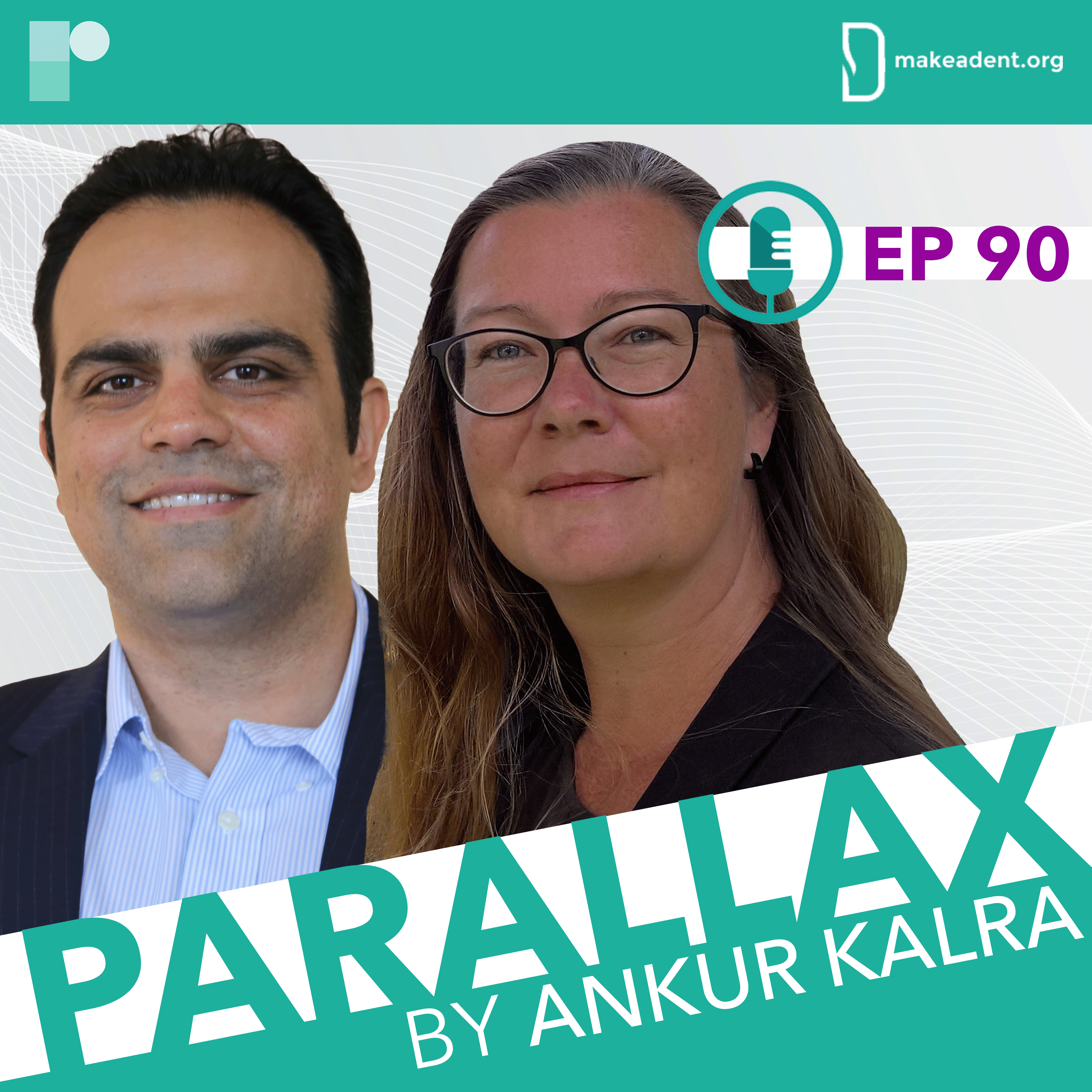
Bullying is a phenomenon that most of us are familiar with, whether through personal experience or through the stories of friends and colleagues. But what exactly is the impact of bullying on an individual and, in turn, on their community or field of work? In the context of medical science, the consequences can be particularly dire.
In the latest episode of Parallax, Dr Ankur Kalra's guests are Dr Susanne Täuber and Dr Morteza Mahmoudi. Dr Täuber, an expert in organisational behaviour, was recently terminated for speaking out against discrimination at her institution. Dr Mahmoudi is a radiologist at Michigan State University and co-founder of @AcademicParity movement.
Dr Mahmoudi and Dr Täuber teamed up to explore bullying in academic settings. Together with Dr Kalra they discuss why bullies thrive in such environments and the ways institutions enable such behaviour. Dr Täuber offers solutions and a critical overview of institutional narratives, while Dr Mahmoudi highlights the long-term effects on academic work and medicine. They call for action against toxic behaviour and for stakeholders to eliminate incentives for universities to support perpetrators.
What prompted Dr Mahmoudi to write about academic bullying? How do we disrupt toxic behaviours? What is Dr Täuber’s and Dr Mahmoud’s message to individuals who have been targeted by perpetrators?
Reinstate Susanne Täuber, protect social safety and academic freedom at the RUG (openletter.earth)
Resources:
Täuber S & Mahmoudi M. Disrupting targets’ dependency on bullies. Science 2022.
doi.org/10.1126/science.abo3412
Mahmoudi M. Academic bullying slows the evolution of science. Nat Rev Mater 2023.
doi.org/10.1038/s41578-023-00549-x
Mahmoudi M. Academic bullying: How to be an ally. Science 2021.
https://doi.org/10.1126/science.abl7492
Mahmoudi M. A survivor’s guide to academic bullying. Nat Hum Behave 2020.
doi.org/10.1038/s41562-020



In this episode, Ankur and Danielle speak about the evidence in favour of a whole-food plant-based diet to improve cardiovascular health, the ACC prevention guidelines, how to talk to patients about positive dietary change, the issue of lack of nutrition training in cardiovascular fellowships and what Danielle’s diet looks like as a busy whole-food plant-based cardiology fellow. On her own podcast ‘Nutrition Rounds’ Danielle has discussions about evidence-based plant-based nutrition with physicians who are leading experts in nutrition and health.
Hosted by @AnkurKalraMD. Produced by @RadcliffeCardiology.

In this brilliant conversation, Ankur, Emmanouil and Michael unravel the potential advantages, challenges and practical realities of using drug-coated balloons in SVD, and the findings of the latest randomised controlled trials studying this area.
Hosted by @AnkurKalraMD. Produced by @RadcliffeCardiology. [Disclaimer: The use of drug-coated balloons in coronay intervention is still off-label; it has not been approved by the FDA.]

Dawn is an associate editor of the journal Circulation: Cardiovascular Interventions and is widely known for her research program on PCI and peripheral arterial disease (PAD). Ankur and J. Dawn discuss multiple trials/studies that were published in 2018, including ORBITA, PIONEER-II and ABSORB. J. Dawn also shares her thoughts on the latest stent technologies.
Hosted by @AnkurKalraMD. Produced by @RadcliffeCardiology.

They discuss the importance of preventative medicine, their experience of reducing hypertension with non-pharmaceutical and pharmaceutical methods, and the significance of the integrated “team approach” when treating comorbid conditions such as hypertension. Athena also shares her thoughts on cardiologists’ responsibility to shape their patients’ lifestyle choices.
Hosted by @AnkurKalraMD. Produced by @RadcliffeCardiology.

Chest pain is one of the most common reasons for an emergency room visit in the US, with almost 6 million ER visits annually, yet there is no consensus on how to compare the results from various hscTn assays. Tune in to hear Santiago outline the advantages and limitations of using hscTn as a standard biomarket to evaluate patients with suspected ACS in the ER.
Hosted by @AnkurKalraMD. Produced by @RadcliffeCardiology.





